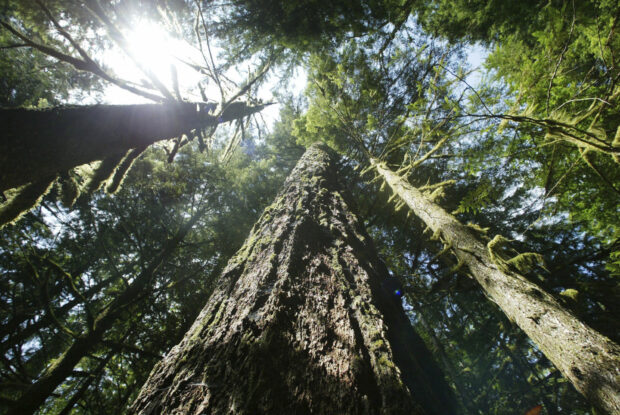Willis, a WTW business, and The Nature Conservancy (TNC) jointly announced the launch of an insurance policy for a private homeowners association in California—available and affordable because the cover considers efforts to mitigate fire risk.
The $2.5 million wildfire resilience insurance coverage was structured by Willis for Tahoe Donner Association, an HOA in Truckee, Calif.
The Center for Law, Energy and the Environment (CLEE) at the University of California, Berkeley helped to develop the policy demonstrating that lower premium pricing and improved availability are possible where ecological forest practices have taken place.
Examples of such practices include tree thinning to improve the health and growth of the remaining trees and planned fires to clear out flammable vegetation, both proven to reduce wildfire risk and make forests healthier.
According to the media statement, Tahoe Donner completed forest management projects over 1,520 acres since 2015.
The policy, covering 1,345 acres of Tahoe Donner’s forested and recreation land, has a 39 percent lower premium and an 89 percent lower deductible than would have been the case without nature-based forest management, the statement revealed.
Willis placed the cover with Globe Underwriting, a London-based managing general agent with a specialization in writing insurance and reinsurance for forestry enterprises (including independent forestry owners, pulp and paper manufacturers, saw log producers and timber merchants, Real Estate Investment Trusts and Timber Investment Management Organizations, among others), utilizing both Lloyd’s and traditional reinsurance capacity, according to the MGA’s website. A representative of Willis said that the identity of the capacity provider for the Tahoe Donner policy is not being disclosed at the request of the insurer.
In the media statement, David Williams, Associate Director, Alternative Risk Transfer Solutions, Willis, highlighted the forest management work completed by Tahoe Donner—
removing fuel that could burn, which translates to a lower fire risk—noting the considerable reductions in the premium and deductible.
Adding that Globe Underwriting is “internationally recognized for excellence in forestry risk assessment and profiling,” he said the MGA provided the essential empirical analysis to support the lower premium and deductible.
“At a pivotal moment for California’s insurance market,” he said this is “a positive step towards a more resilient and sustainable insurance industry.”
Kristen Wilson, Lead Forest Scientist, The Nature Conservancy in California, said: “By placing this innovative insurance product, we hope to inspire other insurance underwriters to account for the benefit of thinning and prescribed fire and increase the implementation of this type of work more broadly.”
Dave Jones, Director of the Climate Risk Initiative, CLEE, UC Berkeley School of Law, and former California Insurance Commissioner, said: “Federal, state and local governments, homeowners, homeowners’ associations and businesses are doing the right thing to reduce wildfire risk and invest in nature-based forest management. The improved price and availability of this pioneering insurance policy demonstrate that home and business insurers can and should renew and write property insurance in California and elsewhere in the United States where forest treatment is undertaken.”
Annie Rosenfeld, Tahoe Donner General Manager, said: “Tahoe Donner has been tested with fires that have come to the borders of the community, and the forestry work did its job. It slowed the spread of the fire to give firefighters enough time to stop it from impacting our community. We are proud to be a leader in this field.”
WTW and The Nature Conservancy introduced the concept of the wildfire resilience insurance policy in a joint paper published in 2021, “Wildfire Resilience Insurance.”
Source: Willis and The Nature Conservancy
Featured photo: (AP Photo/Rick Bowmer, File)





















 Chubb CEO Greenberg on Personal Insurance Affordability and Data Centers
Chubb CEO Greenberg on Personal Insurance Affordability and Data Centers  Execs, Risk Experts on Edge: Geopolitical Risks Top ‘Turbulent’ Outlook
Execs, Risk Experts on Edge: Geopolitical Risks Top ‘Turbulent’ Outlook  AIG, Chubb Can’t Use ‘Bump-Up’ Provision in D&O Policy to Avoid Coverage
AIG, Chubb Can’t Use ‘Bump-Up’ Provision in D&O Policy to Avoid Coverage  Beazley Agrees to Zurich’s Sweetened £8 Billion Takeover Bid
Beazley Agrees to Zurich’s Sweetened £8 Billion Takeover Bid 